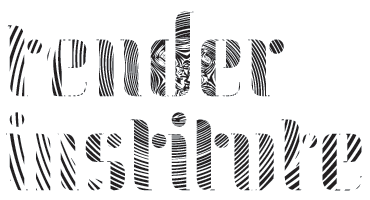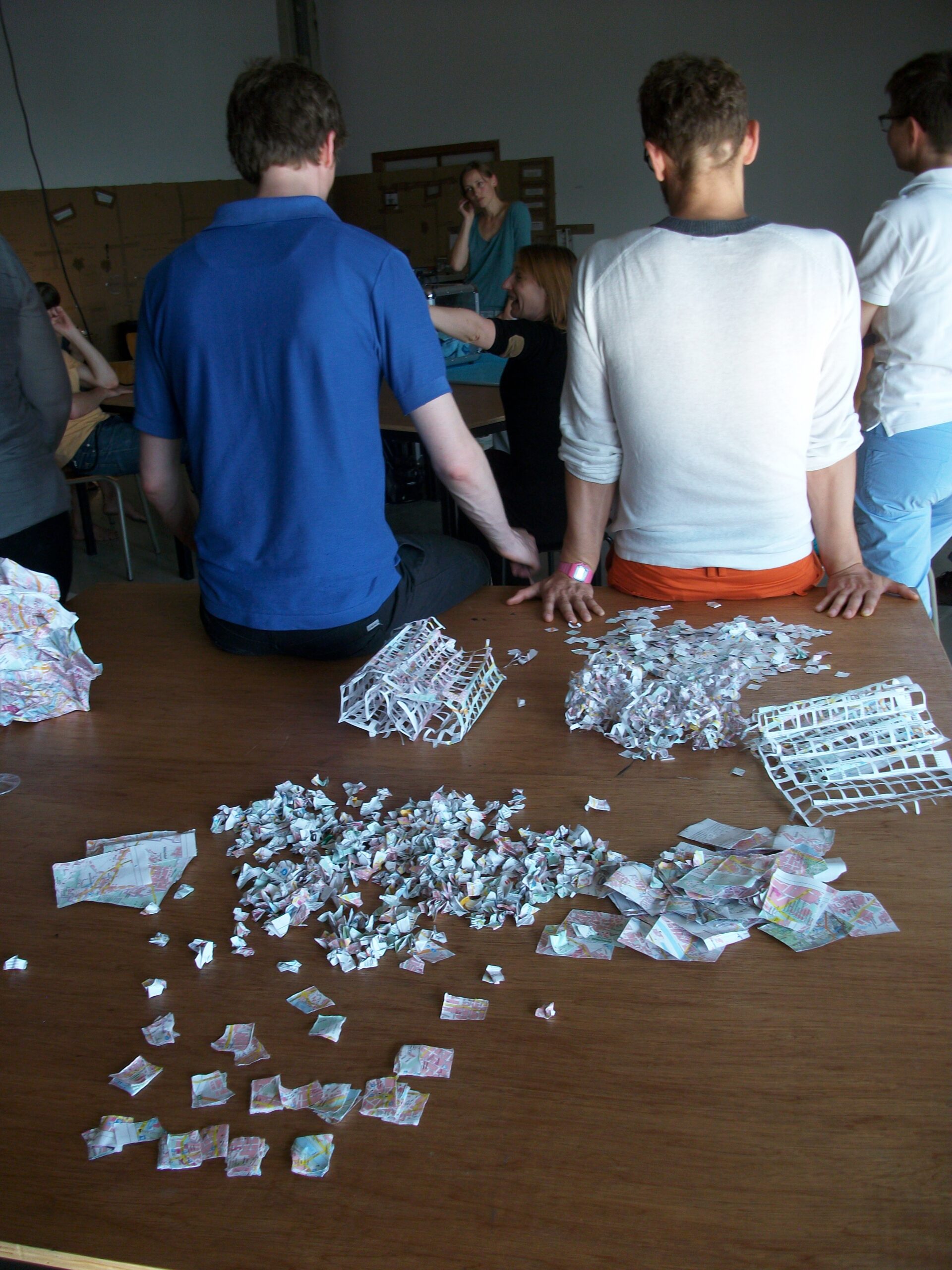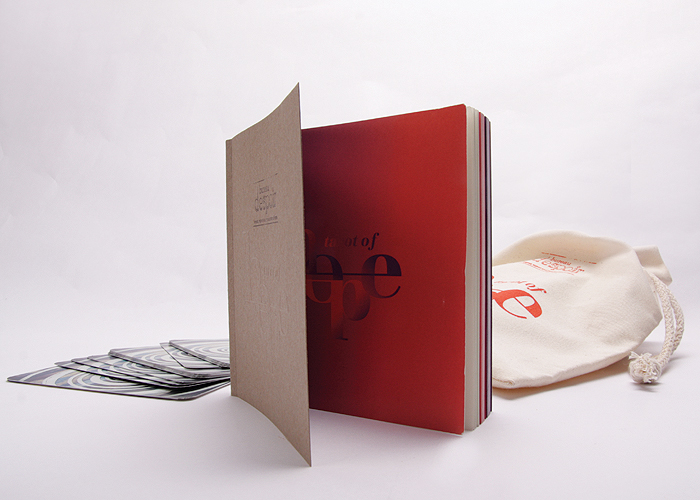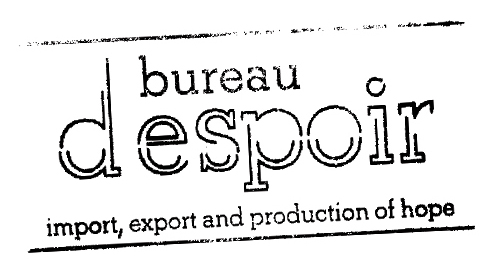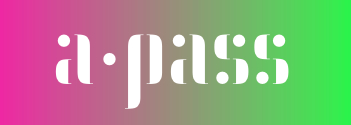postgraduate program, research center
2012 BLOCK III
1 September-30 November 2012
Researchers Participants in the Postgraduate Program
Chris Dupuis
Helena Dietrich
Karl Philips
Lisa Charlotte Baudouin
Luanda Casella
Nibia Pastrana Santiago
Raquel Santana de Morais
Robin Amanda Creswell Faure
Research End Presentations
Aleksandra Janeva Imfeld
Carlotta Scioldo
Catherine (Clé) Lé
Elise Goldstein
Oshin Albrecht
Simon Loeffler
Veridiana Zurita
Vicente Arlandis
Partners
RITS
Campo
Les Bains / Thematics
Playground Festival
M-Museum
Contributors for workshops
Bart Van den Eynde
Brandon LaBelle
Carlotta Scioldo
Einat Tuchman
Elke Van Campenhout
Geert Opsomer
Heike Langsdorf
Johan Dehollander
Jovial Mbenga
Jozef Wouters
Lynda Gaudreau
Lilia Mestre
Peter Pal Pelbart
Robert Steijn
Stefanie Claes
Toto Kisaku
Vera Mantero
Coordinators a.pass
Bart Van den Eynde
Elke van Campenhout
Mentors
Ana Hoffner
Lynda Gaudreau
Pierre Rubio
Robert Steijn
07 – 08 / 09 / 2012
‘TENDER INSTITUTE’
international conference by a.pass
After finishing the artistic research post-graduate program at a.pass, 8 participants open up their researches in a performative and multi-layered setting.
Sharing their insights into questions that are on the table for contemporary artists every day: what is the notion of work? How to deal with intuition today? What is the performative power of the object? How can the city be the witness of time?
8 cases open up as many different strategies, diverse invitations to engage and experience artistic research from 8 wholly different perspectives.
During a residency period of 3 weeks, a space is constructed that invites you into all these different cases, constructing crossing points and welcoming the visitors into the research trajectories.
At the same time, a.pass organizes the conference ‘The Tender Institute’: an active meeting around the notion of the ‘institute’ in artistic practices today.
In the last ten years, more and more artist initiatives have been re-thinking the institute once again as a point of address: a place where people share their concerns and interests, where you can find topical information and engage with it, where knowledge is archived and opened up to public interest and scrutiny. Compared to the more established Institutes these initiatives seem less concerned with classical knowledge conservation than with a dynamic reformulation of knowledge processed in situ. Opening up the monolithic space of recognition and representation into a heterotopic space of engaged interest.
In these two days, a.pass invites speakers, artists, and administrators to construct new imaginations of what the institute today might look like: how to think of an institute with flexible walls, how to administer an organic institute that grows out of the interests of the people working in it? What is the place of this kind of institute in today’s society? In other words: how can an institute still stay an institute when it is embracing its ‘tenderness’: when it recognizes its dependency on the interest of its users? The risk to become obsolete in the whirlwind of heterotopic interests? The challenge to re-invent its administration to shift from a politics of categorization to one of attention and engagement?
Fall 2012
‘SCHIZOPHRENIC BODIES’
series of workshops organised by a.pass in collaboration with Bains Connective (Thematics ‘Come Together (Lilia Mestre) /Schizophrenic Bodies’), RITS, and Campo / Summer School
Schizophrenic Bodies test the limits of the economy of our belonging and coming together. Interpreting a Schizophrenic Body as a body that simultaneously belongs to different time and space zones, different fields of experience or history, or a body in a synaesthetic space, we’ll explore during two months very different schizophrenic models. Our desire is to be working with the input of the BwO of Deleuze, with Peter Pal Pelbart the ‘ghostly’ bodies as put into perspective in the practice of Robert Steijn, the postcolonial monsters of Vera Mantero, the ways to rethink the hybridity of our history with the Society for the Advancement of People of Elegance and the ‘orally disoriented body’ of Brandon LaBelle. In each of the stadia we try to come to an overlapping and exchange between practice and theory, placing both participants and mentors into an unknown field of references that produce unexpected exchange and reasoning.
17-21 / 09 / 2012
‘SCHIZOPHRENIC BODIES / 1’
Peter Pal Pelbart & Robert Steijn
This first workshop around the theme of Schizophrenic Bodies, will explore the notion of the ‘Body without Organs’, both from a theoretical and a physical perspective. In the morning the sessions with Peter Pal Pelbart are organized around texts from his book ‘The Cartography of Exhaustion’ and in the afternoons/evenings Robert Stijn works on creating these bodies through various physical practices that question, stretch or undermine an immediate i-dentification with our body and mind. The practices induce a certain kind of alienation, working out of unmediated desires, splitting up the I into different entities, in dialogue with totem animals, ghosts, out-of-body experiences. All on an experimental scale of rediscovery.
01 – 05 / 10 / 2012
‘SCHIZOPHRENIC BODIES / 2’
VERA MANTERO / The thinking body
Vera Mantero is one of the leading Portuguese dancers and choreographers. She started in the Ballet Gulbenkian, studied contemporary dance technique and started creating her own choreographies in 1987. Since then, her work has been shown in theatres and festivals in Europe, Brazil, USA, Canada and Singapore.
One of her shorter pieces was based on the hybrid post-colonial body of Josephine Baker, a ‘not-too-black’ American dancer making a career in colonialist France by manipulating the French stereotypes about blackness: blacks as wild animals coming straight from the jungle.
Relaxation, the use of voice, writing, breathing and free association are some means to be used in her workshop entitled ‘The thinking body’. In this way, we will explore the movements and actions going on inside us, some of them separately first in order to incorporate them later in longer and more complex improvisational processes. The idea of getting inside a particular state of consciousness will be very important. Awareness and use of space, and the exploration of objects and materials will not be forgotten. Irony and empty hands will take us further. The workshop is not only open for trained dancers.
PAN / The Belgo-Congolese Third Space
(Toto Kisaku / Johan Dehollander / Jovial Mbenga / Stefanie Claes / Geert Opsomer)
The workshop develops a research context around a contemporary Congolese performance subculture calling itself SAPE (La Société des Ambianceurs et Personnes Élégantes or, in English: the Society for the Advancement of People of Elegance). They consider themselves members of a sort of science and religion which “escalates into real fashion contests and potlatches in which youngsters would display their European fashion designer clothes, in an attempt to outdo each other”.
The workshop aims at creating a temporary community of artistic nomads focusing on new ways to relate to the hybridity of our history, our imagination, our collective consciousness, our multiple media, our fashion and above all our of potential of resistance.
08 – 12 / 10 / 2012
‘PERMEABLE CITY / 1’
a.pass Basics workshop by Carlotta Scioldo & Bart Van den Eynde with Heike Langsdorf, Einat Tuchman and Jozef Wouters.
The urban context has become the working field for many artists over the last decades. This movement outside the established art spaces can be seen as means to make a direct connection with and to have a direct impact on a larger (urban) audience and/or to (re)connect with the social, economical and political realities of the city.
What are the economies involved in this ‘fieldwork’ and what are the possibilities and difficulties of the artist’s position in this relation? How do these artistic interventions relate to the very different temporalities of the urbanist and architectural timelines involved in the continuous making of the city?
The concrete case of Brussels and the very different practices in the city of three ex a.pass participants, Heike Langsdorf, Einat Tuchman and Jozef Wouters, are the starting point of a first workshop where their work will be presented and contextualized. Together with the artists we will explore the neighbourhood and places they work in and the theoretical framework they have built.
15-19 / 10 / 2012
‘OUT OF FRAME’
workshop by Lynda Gaudreau
For the next Playground Festival Lynda Gaudreau has been invited to adapt her choreographical exhibition ‘Out of Grace’ for the permanent collection of the M-Museum in Leuven. Elementary devices such as sound, lighting and the presence of the body will draw the visitor in and activate modes of display and perception, addressed here according to a performative and compositional logic. What is entailed by these modes when a collection coexist with the body, the light and the sound? André Malraux’ essay, ‘The Imaginary Museum’, (1947) will serve as a starting point to reflect on history, contemporaneity and the idea of reproduction with copies, photocopies, photos and drawings. This hybrid and experimental project, at the borders of choreography and exhibition questions the nature and relationship of these practices.
25 – 29 / 10 / 2012
‘SCHIZOPHRENIC BODIES / 3’
Brandon LaBelle
The workshop will explore notions of masquerade, impersonation, clowning and multiple personalities. Through a series of exercises and experiments with voice, masks, and puppets, participants will construct their own double. The double will function as a second body, or an echo of oneself. By using various static materials, the workshop will support a “distribution of agency” away from the human subject and toward an interaction with static materials, audio recordings, and space. How might objects and things come to life, as animate forms? And what consequences might this have for methods of performance and choreography?
12-16 / 11 / 2012
“PERFORMANCE / PERFORMATIVITY’
a.pass Basics workshop by Elke Van Campenhout
In this workshop we attack texts and practices that deal with the notion of performance and performativity. We dive into the historical context of the birth of performance as an emancipatory and authenticating gesture, put critical questions towards its aura of ‘authenticity’ and ‘unrepeatability’ (Peggy Phelan), its documentary status, etc… We also go into the philosophical meaning of ‘performativity’ as developed by Austin and Butler. And take in some of the technological and economic uses of the word ‘performance’ to see if this can enlighten a contemporary notion of ‘performance’ today: how this could reflect a changed reality, and societal organization. Is there anything to be emancipated from? And are performative strategies the tools we need to wriggle ourselves out of the restrictions and limitations of an artistic, economic, and institutional field?
19 – 24 / 11 / 2012
‘PERMEABLE CITY / 2’
workshop and conference by Carlotta Scioldo & Bart Van den Eynde with Heike Langsdorf, Einat Tuchman, Jozef Wouters & guests
Second practical part of the workshop ‘Permeable City’ on artistic interventions in the urban context where the participants of the workshop are invited to explore their own artistic practice in relation to the city and the working spaces created by Heike Langsdorf, Einat Tuchman & Jozef Wouters.
This second workshop week will be rounded up in a conference, a public presentation and discussion forum, with participants and guests where the two weeks experience of ‘The Permeable City’ will be shared with a larger audience.
